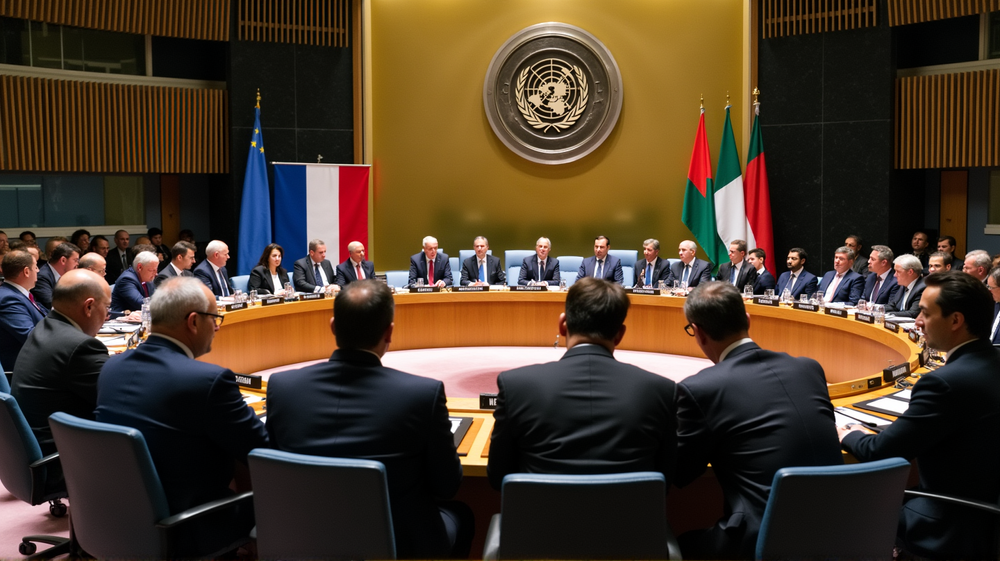In a move that is resonating deeply across international corridors, French President Emmanuel Macron confirmed that France would recognize the State of Palestine. This landmark decision is set to be announced at the United Nations General Assembly in September, marking a significant shift in Middle East diplomacy.
France’s Historic Decision
Macron’s statement, delivered via social media, underscores France’s long-standing commitment to a fair and lasting peace in the Middle East. “I will solemnly announce this at the United Nations General Assembly in September,” Macron declared, emphasizing the historic nature of this decision.
France stands as the most influential nation in Europe to recognize Palestine, setting a precedent for other EU countries like Norway, Ireland, and Spain that have indicated similar intentions. Currently, 142 of the 193 UN member countries either recognize or are considering the recognition of the Palestinian statehood.
Global Reaction and Diplomatic Waves
This decision comes amid rising tensions and global criticism of Israel’s actions in Gaza, where a humanitarian crisis has intensified. France, alongside the UK, Australia, and Canada, condemned the blockade and violence, urging for a ceasefire. These countries have voiced the necessity to end the conflict, emphasizing the need for a diplomatic path forward.
In a statement that echoes deep historical and geopolitical implications, Macron had indicated his determination to pursue this course. The French foreign minister is scheduled to co-host a critical conference on the two-state solution, demonstrating a firm diplomatic initiative towards resolving the long-standing strife.
Echoes from the Past: The Path to Recognition
The Palestinian quest for statehood traces back to the late Yasser Arafat’s declaration in 1988, swiftly supported by Algeria and many Middle Eastern and African states. However, tensions, like Israel’s military presence in Palestinian territories, pose significant obstacles to achieving a sovereign Palestinian state.
Major diplomatic hurdles, including Israel’s ongoing settlement expansions in the West Bank, further complicate the resolution. Israeli powers argue that acknowledging a Palestinian state without resolving these security concerns equates to empowering hostile forces.
Mixed Reactions and a Look to the Future
Israel’s government strongly condemned Macron’s announcement, voicing concerns over the implications for regional security. Israeli leadership argues that granting Palestine statehood under current conditions poses an existential threat to Israel, fearing it may become an Iranian proxy.
Despite these challenges, France and its allies are steadfast in pursuing international law and diplomatic solutions. As President Macron prepares for his announcement, the world watches closely, recognizing the profound implications that this acknowledgment of Palestine may bear on the future of the Middle East.
As stated in Al Jazeera, the international community remains intensely focused on the unfolding events, keen on seeing how this pivotal decision shapes future peace efforts in the region.












